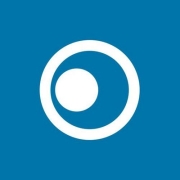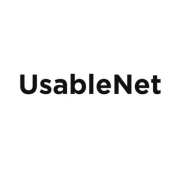Mobile App Platforms are essential for developing applications, providing tools and services to create, test, and deploy apps across different devices and operating systems.
To learn more, read our
Mobile App Platforms Buyer's Guide (Updated: April 2025).
The top 5 Mobile App Platform solutions are Android SDK, Apple iOS SDK, Temenos Quantum, SAP Mobile Platform and Codename One, as ranked by PeerSpot users in March 2025. Apple iOS SDK received the highest rating of 10.0 among the leaders and holds the largest mind share of 28.2%. Android SDK is the most popular solution in terms of searches by peers.
These platforms support developers with a range of features, including integrated development environments (IDEs), application programming interfaces (APIs), and backend services. They streamline the process from concept to launch, helping to ensure seamless user experiences across devices. Mobile App Platforms like Android Studio, Xcode, and React Native are widely used, each offering unique benefits suited to different development needs.
What are the critical features?
- Integrated Development Environment (IDE): Provides a comprehensive suite of tools to code, test, and debug apps.
- Cross-Platform Support: Ensures the app runs on multiple operating systems like iOS and Android.
- Backend Services: Facilitates data storage, user authentication, and cloud integration.
- API Integration: Allows apps to communicate with third-party services for enhanced functionality.
- Testing Tools: Includes simulators and real-device testing to catch issues before deployment.
What benefits and ROI should users look for?
- Reduced Development Time: Efficient tools and frameworks accelerate the development process.
- Cost Efficiency: Cross-platform capabilities reduce the need for separate development teams.
- Enhanced User Experience: Consistent performance and interface across different devices.
- Scalability: Easily adaptable to changing needs and growing user bases.
- Security: Built-in features to protect user data and maintain app integrity.
Mobile App Platforms are used in specific industries like finance, healthcare, and retail to develop apps that cater to industry-specific needs. In finance, for instance, security features are essential for safeguarding user data. In healthcare, compliance with regulations such as HIPAA is necessary.
These solutions assist organizations in rapidly developing and deploying applications, helping them stay competitive and meet user expectations. They make app development accessible, efficient, and scalable, enabling organizations to innovate and respond to market demands quickly.

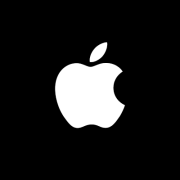


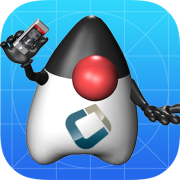



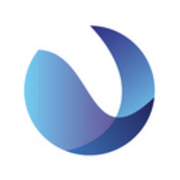

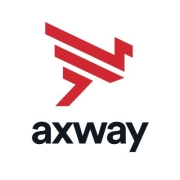
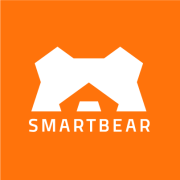











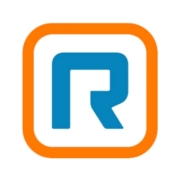


![mPortal Mobile Enterprise Application Platform [EOL] Logo](https://images.peerspot.com/image/upload/c_scale,dpr_3.0,f_auto,q_100,w_60/0dra2w8zbx5vrvwmhkdswx9l90ys.jpg)



